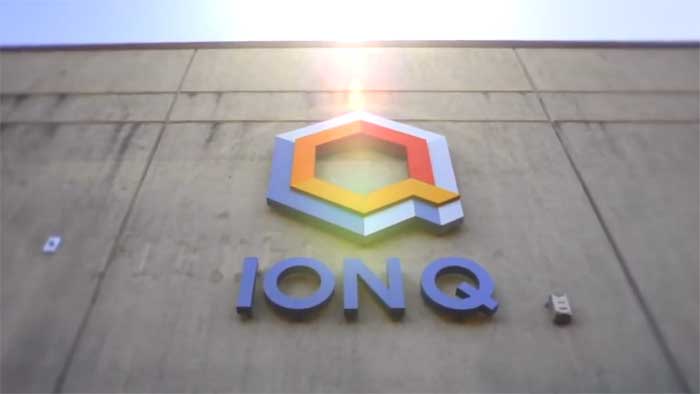 EMERGING TECH
EMERGING TECH
 EMERGING TECH
EMERGING TECH
 EMERGING TECH
EMERGING TECH
IonQ Inc. is all set to become the first publicly traded company that’s solely focused on quantum computing.
Having finalized its merger this week with dMY Technology Group Inc. III, a special-purpose acquisition company, it will begin trading on the New York Stock Exchange on Oct. 1.
SPACs such as dMY are created with the intention of raising money through an initial public offering so they can then acquire another private company and take it public. It’s an alternative to traditional IPOs that has become extremely popular over the last couple of years.
IonQ, which first announced its plans in March, will be traded under the ticker symbol “IONQ” and is expecting to raise $635 million, plus an additional $312 million in outstanding warrants. Some $350 million of the total has been raised via private investment in public equity funding from investors such as Fidelity Management & Research Company, Silver Lake, Breakthrough Energy Ventures, MSD Partners, Hyundai and Kia.
Quantum computing is different from classical computing, relying on the phenomena of superposition and entanglement to perform computation. It’s believed that quantum computers will be far faster at tackling certain types of computational problems, such as integer factorization, which underlies many cryptographic concerns.
IonQ was founded in 2015 and has built a quantum computing system that relies on trapped ions, which are charged particles suspended in a vacuum, as the basis of its hardware. It’s an approach that’s quite different from its rivals in quantum computing. The likes of IBM Corp., Google LLC and Rigetti Computing Inc. have all built machines that rely on superconducting qubits that must be kept at extremely low temperatures to prevent errors occurring.
IonQ believes the best way forward for quantum computing is through the cloud. The company is working with the likes of Amazon Web Services, Microsoft Corp. and Google Cloud to make its quantum machines available as a service in the cloud.
That way, developers can access its hardware, develop and run software without needing to make any costly investments. To aid developers, the company has created a software development kit that comes with various libraries and tool for getting started in building quantum applications.
Experts believe quantum computing will do a far betting job than classical machines when it comes to so-called “fuzzy” problems that have more than one potential outcome, or outcomes that branch. Areas such as computational chemistry and drug development, artificial intelligence and machine learning, financial modeling, weather forecasting, genomics research and logistics organization are all likely to benefit.
IonQ Chief Executive Peter Chapman said in an interview with Technical.ly that the funds raised from going public will help the company reach the manufacturing stage with its quantum machines. It will also be able to recruit more talent, with the aim of doubling its existing 90-person team that’s spread across its offices in College Park, Maryland, Seattle and Boston.
Just as important, though, is the impact on public awareness. By going public, IonQ is telling the world that quantum computing is ready for prime time.
“It will lift all the boats in quantum computing in this sense that we can show it can be done in quantum now, and that’s probably good for the entire industry,” Chapman said.
Support our mission to keep content open and free by engaging with theCUBE community. Join theCUBE’s Alumni Trust Network, where technology leaders connect, share intelligence and create opportunities.
Founded by tech visionaries John Furrier and Dave Vellante, SiliconANGLE Media has built a dynamic ecosystem of industry-leading digital media brands that reach 15+ million elite tech professionals. Our new proprietary theCUBE AI Video Cloud is breaking ground in audience interaction, leveraging theCUBEai.com neural network to help technology companies make data-driven decisions and stay at the forefront of industry conversations.